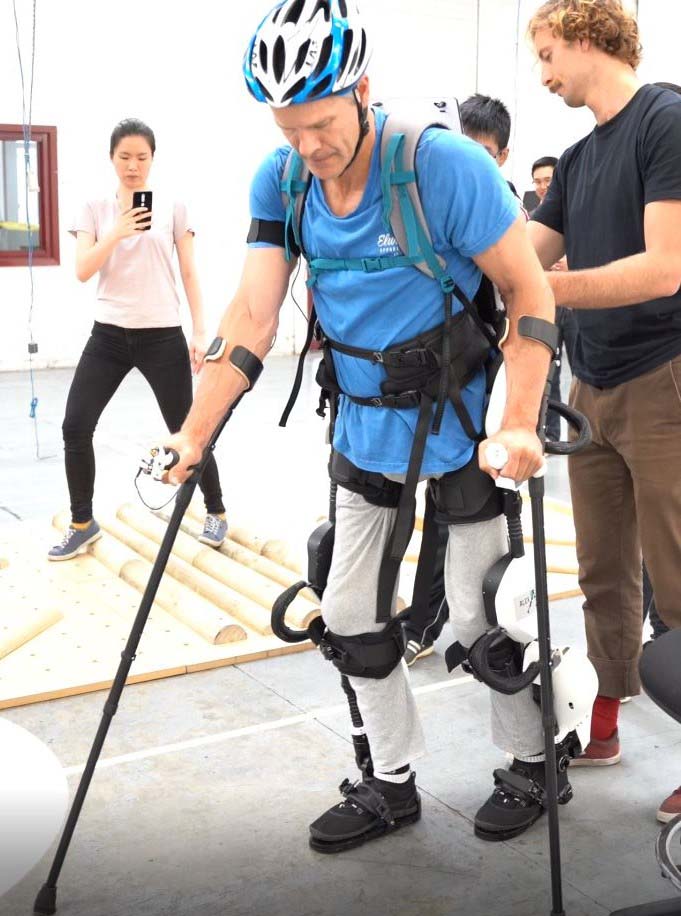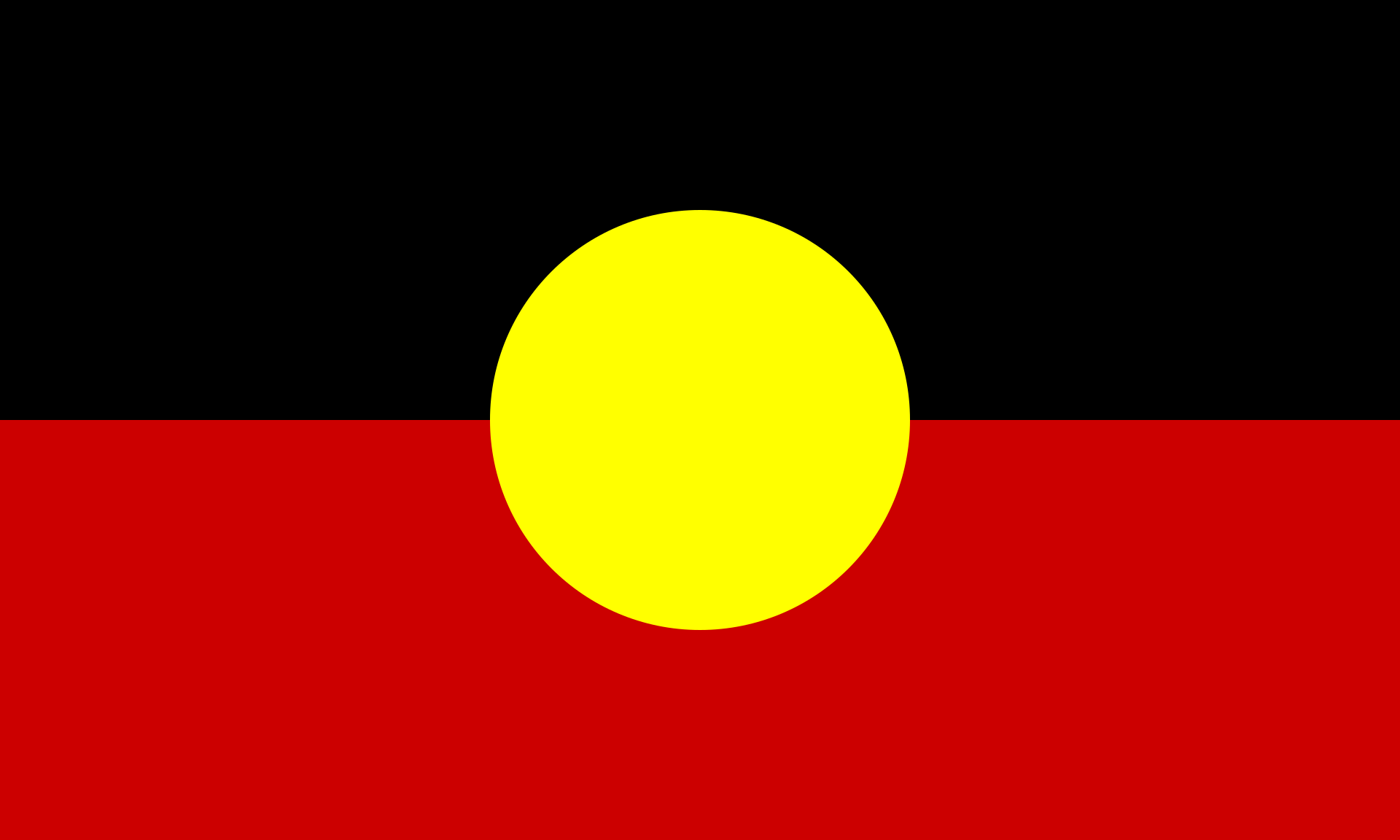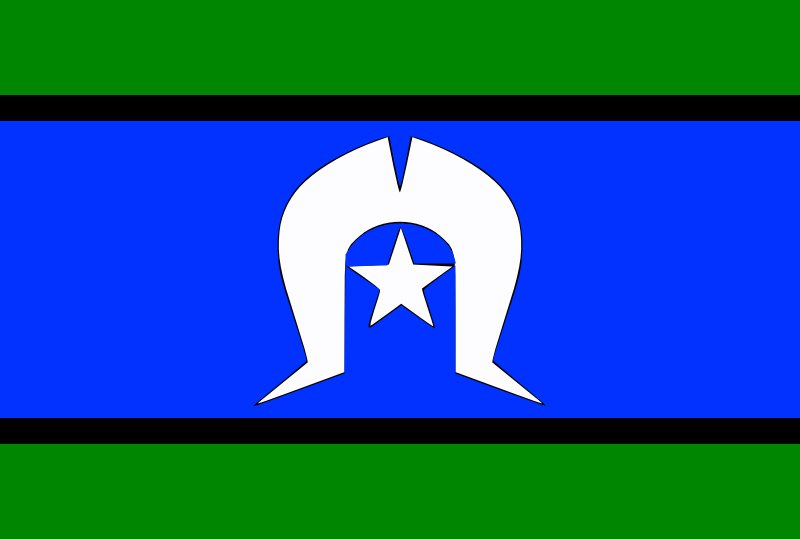In early 2019, the University of Melbourne and Fourier Intelligence (a Shanghai-based assistive and rehabilitative technology company) formed team ALEX – Advanced Lower Extremity Exoskeleton.
The goal? Compete in the Powered Exoskeleton Race of CYBATHLON, known as the Olympic Games of assistive technology, scheduled for May 2020, in Zurich, Switzerland.
The CYBATHLON race requires a paraplegic pilot to use a lower limb exoskeleton to traverse an obstacle course, with points awarded for obstacle completion and time.
Not so pedestrian
Obstacles include everyday activities such as sitting down and standing up from a sofa, using one’s hands while standing, and climbing stairs, with the goal of improving the viability of these technologies in the real world.
The ALEX team quickly formed a partnership with AQA Spire and recruited two pilots – Lenny Redrose and Brad Axford – who joined the team and quickly jumped into training.
Success in the competition, and for the development of assistive devices, requires a tight collaboration between engineers and users.
Many hands
The team worked together to address a wide range of issues, from where and how the straps on the exoskeleton should sit, to how the pilot should place and use their crutches in each of the different types of movements, to how the exoskeleton should move.
Collaborations were also sought from physiotherapists, with Prof. Gavin Williams providing particularly valuable feedback and insights throughout. Weekly training sessions were a cycle of testing, idea exchange and implementation, with many early sessions spent simply on trying to stand in the exoskeleton.
By the start of 2020, the team had made significant progress in tackling the obstacle course. They’d moved to a new training facility, and Brad had become the primary pilot. Logistics were arranged for the team and the exoskeleton to travel to Switzerland.
A familiar story
The events of 2020 obviously put the bid on hold. March 2020 saw the postponement of the event, first to September, and then to November, with a shift to an online format.
The team followed these developments with interest and set about a new way of working, filled with simulations, test code, and Zoom meetings, punctuated by (internal) virtual quiz championships.
Despite their best efforts, the situation in Melbourne meant that the team had insufficient time to construct a local competition facility and safely prepare for the race, forcing them to withdraw from the competition.

Nothing wasted
While not participating was an immensely disappointing result for the entire team, the many hours of engineering, training and organisation have been an important step in developing an understanding of the challenges and benefits of this technology.
The lessons learned during this training process have kickstarted numerous technological developments and research projects for this and other exoskeletons, which will ultimately lead to more devices being more useful for more people.
The team is also determined to complete the obstacle course. With the next Cybathlon in Switzerland not until 2024, the team is focusing its activities on local demonstrations, and a local competition to be organised in Melbourne for 2022.
As a final note, ALEX would like to thank the many supporters and sponsors who have joined us on this first part of the journey, including AQA Spire, Kremford Pty Ltd, Fourier Intelligence, Schneider Electric and ANSYS, along with countless others who have taken an interest in this project.
For those keen on following the project, learning more or getting involved:
visit: www.alexexoskeleton.org
Or search for Alex Exoskeleton on Facebook or Instagram.
- April 20, 2021




